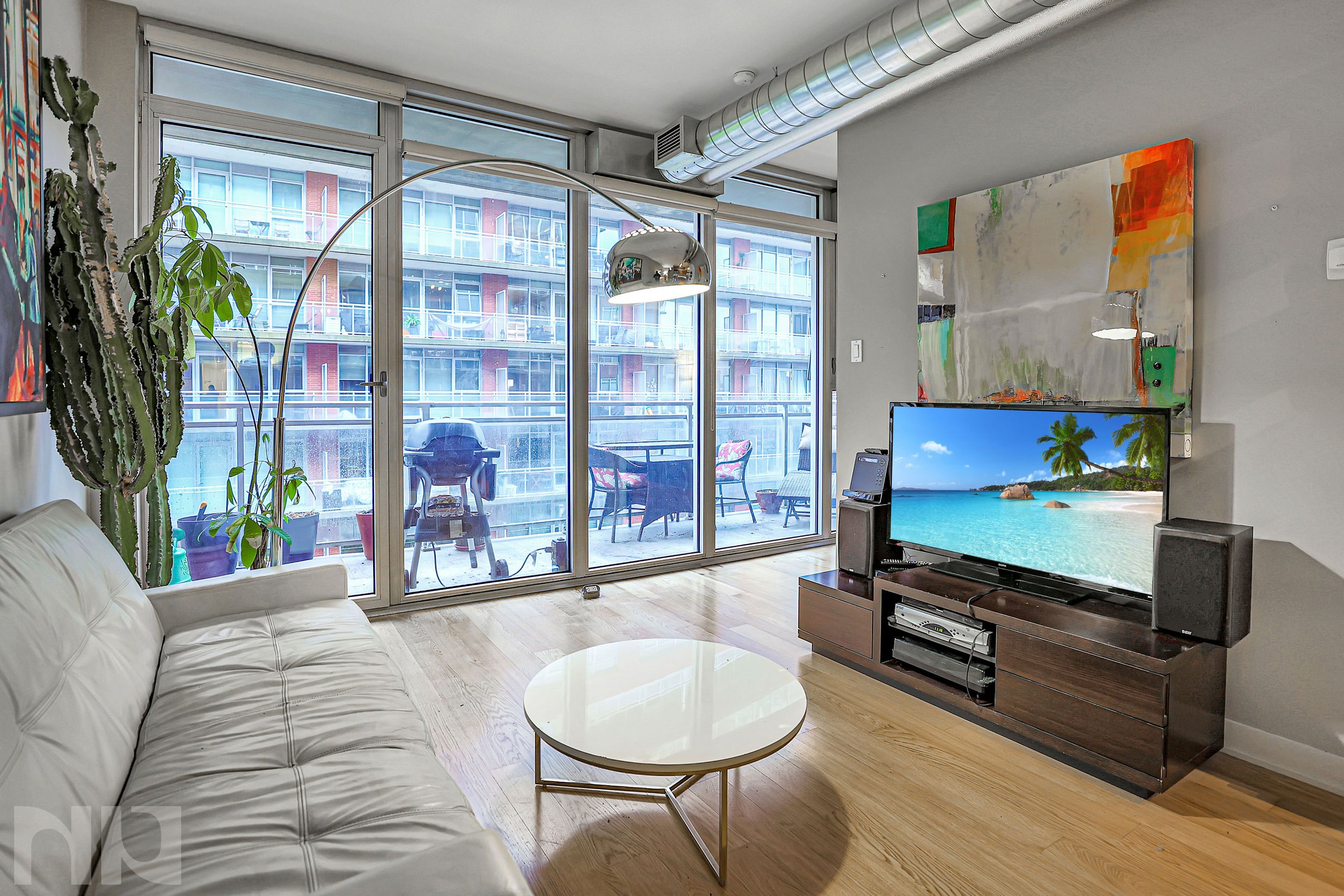Protecting Your Ottawa Home from Frozen Pipes: A Comprehensive Guide

Winter in Ottawa brings picturesque snowfalls and crisp air, but it also poses challenges for homeowners, particularly the risk of frozen pipes. When water within pipes freezes, it expands, potentially causing pipes to burst—a scenario that can lead to significant water damage and costly repairs. This guide provides detailed steps to prevent your pipes from freezing and actions to take if they do.
Understanding the Risks
Frozen pipes are more than an inconvenience; they can lead to:
Burst Pipes: Water expands as it freezes, increasing pressure within pipes and causing them to rupture.
Water Damage: A burst pipe can flood your home, damaging walls, flooring, and personal belongings.
Mould Growth: Moist environments from leaks promote mould, posing health risks.
Preventative Measures
Insulate Exposed Pipes:
Identify Vulnerable Areas: Pipes in unheated spaces like basements, attics, garages, and crawl spaces are most susceptible.
Apply Insulation: Use foam pipe insulation or heat tape to wrap exposed pipes, providing a barrier against freezing temperatures.
Maintain Consistent Indoor Temperatures:
Thermostat Settings: Keep your home heated to at least 18°C (65°F), even when you're away, to prevent indoor pipes from freezing.
Open Cabinet Doors: Allow warm air to circulate around pipes under sinks, especially those on exterior walls.
Seal Drafts and Cracks:
Inspect for Air Leaks: Check around windows, doors, and where pipes enter the home.
Use Caulking and Weatherstripping: Seal any gaps to prevent cold air from reaching pipes.
Disconnect and Drain Outdoor Hoses:
Remove Hoses: Detach garden hoses from outdoor faucets.
Shut Off and Drain Exterior Faucets: If your home has shut-off valves for outdoor faucets, turn them off and drain any remaining water to prevent freezing.
Let Faucets Drip During Extreme Cold:
Trickle of Water: Allowing a slow drip keeps water moving, reducing the chance of freezing.
Install Pipe Heating Cables:
Electric Heat Tape: For pipes in extremely cold areas, consider installing UL-listed heat cables to keep them warm.
What to Do If Pipes Freeze
Locate the Frozen Pipe:
Signs: Frost on the pipe, unusual bulges, or a complete lack of water flow from a faucet can indicate a frozen section.
Thawing the Pipe:
Open the Faucet: Turn on the tap to allow water to flow once it begins to melt.
Apply Heat:
Hair Dryer: Gently warm the pipe, starting close to the faucet and moving toward the frozen area.
Heating Pad: Wrap around the pipe and set to a low temperature.
Space Heater: Place in the room near the frozen pipe, ensuring it's kept away from flammable materials.
Avoid Open Flames: Never use a blowtorch or open flame, as this poses a fire hazard and can damage pipes.
Check for Leaks:
Inspect the Pipe: Once thawed, examine for any cracks or leaks that may have resulted from freezing.
Consult a Professional:
Persistent Issues: If you cannot locate the frozen area, cannot access it, or are unable to thaw the pipe, contact a licensed plumber for assistance.
Long-Term Solutions
Improve Home Insulation: Ensure walls, attics, and crawl spaces are adequately insulated to maintain warmer indoor temperatures.
Upgrade to Frost-Proof Faucets: Consider installing frost-proof outdoor faucets to reduce the risk of freezing.
Regular Maintenance: Schedule annual inspections of your plumbing system to identify and address potential issues before they become problems.
Preventing frozen pipes is crucial for maintaining the safety and integrity of your home during Ottawa's harsh winters. By implementing these preventative measures and knowing how to respond if pipes do freeze, you can protect your property and ensure a warm, worry-free season.






























